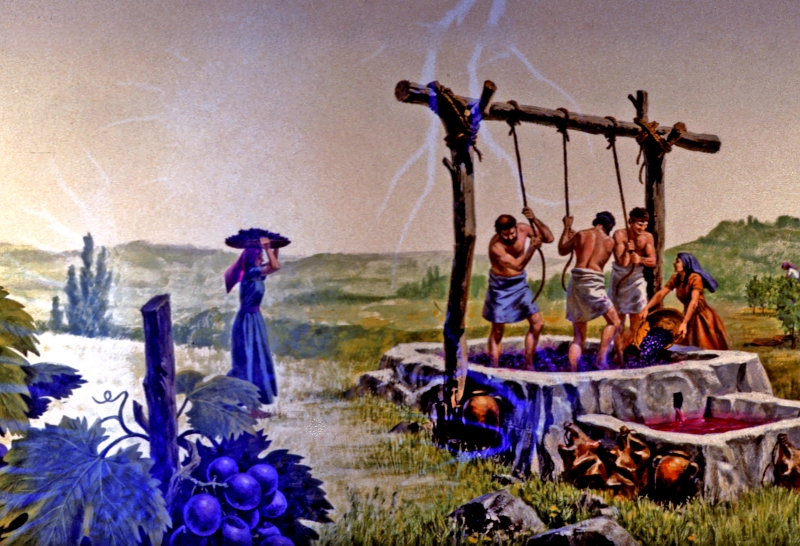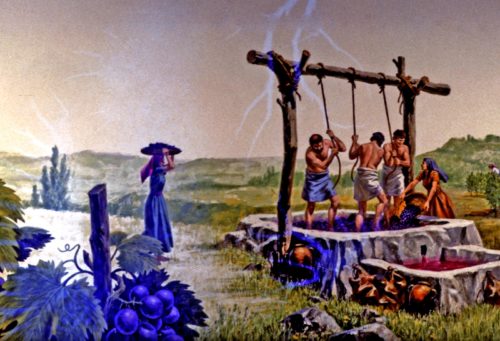On the journey from a shaky to an unshakeable faith, it can be really hard to “count it all joy,” and in the midst of a trial, a “little while” can seem like a long time. Ground Zero in your trial may feel like the loneliest place you’ve ever been, with few rays of sunlight. In those moments, we may lift our eyes heavenward and wonder if God sees us and our pain, if He’s working, and if the disappointment covering us as we tremble in front of that roadblock could possibly be used for good.
As we shore up the foundations of our faith during these weeks together, our team invites you to sit down with us on Fridays as we share first-hand experiences of watching God use trials to strengthen our faith and that of women where we live.
Today I want to share the story of a U-turn, a desperate prayer, and God’s amazing provision in the middle of one woman’s trial. None of it was by chance; it was all part of His perfect plan to give a group of woman Unshakeable Faith.
How is God strengthening YOUR faith this week?






























